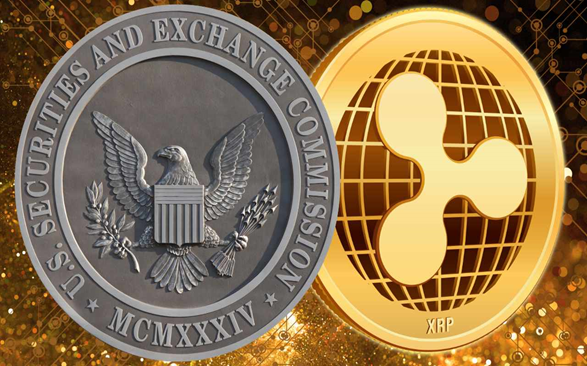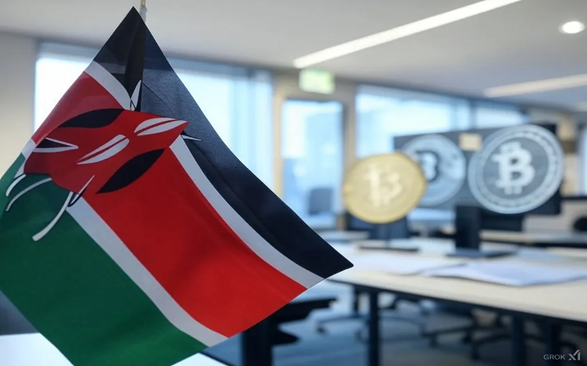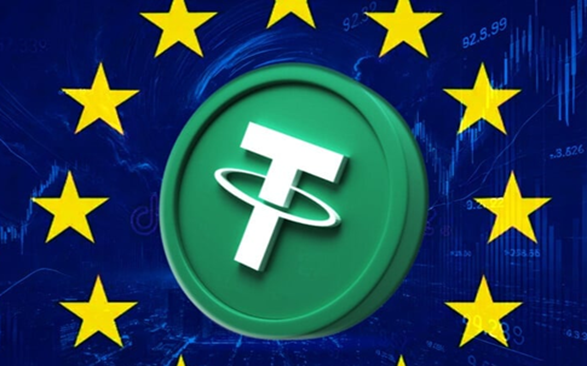by Jude Ayua
Stuart Alderoty, Chief Legal Officer of Ripple, recently challenged the U.S. Securities and Exchange Commission’s (U.S SEC) jurisdiction over transactions involving digital assets. In a post on X on 31 December, Alderoty outlined five principles addressing the agency’s regulation of the digital assets sector.
1. U.S SEC’s jurisdiction is confined to security transactions.
Alderoty asserts that the U.S SEC’s authority is confined to security transactions. The SEC’s mandate, as defined by the Securities Act of 1933 and the Securities Exchange Act of 1934, is to regulate securities to protect investors and maintain fair markets. This jurisdiction does not extend to non-security assets. However, the SEC’s classification of certain digital assets as securities or commodities remains a contentious issue, leading to the SEC extending its regulatory authority.
This extension has led to several legal actions by the SEC against digital assets entities including Ripple Labs, Green United, Terraform, and Binance. Several entities such as Crypto.com, Coinbase, Blockchain Association and the Crypto Freedom Alliance of Texas, also brought actions against the agency as well.
Read also: Gary Gensler: The Imminent Resignation of the US SEC Chair and His Legacy
2. Simple asset sales without contractual rights is outside the U.S SEC’s purview.
Alderoty states the distinction between selling a gold bar with a contractual right to a gold mine which is likely a security transaction, and selling the same gold bar without such rights, which he views as a simple asset sale outside the U.S SEC’s purview. This distinction aligns with the Howey Test, which determines an investment contract based on an investment in a common enterprise with an expectation of profits derived from the efforts of others. Applying this test to digital assets can be complex, as the nature of rights and expectations associated with tokens varies.
In Aldertory’s perspective, digital assets transactions are similar to selling a gold bar with post-contractual rights. Therefore, the Howey Test cannot apply to it, and the SEC should not try to enforce it.
3. A token is not a security itself except the context of the transaction suggests the contrary.
Alderoty contends that a token itself is never a security but can be involved in a security transaction. This perspective suggests that the context of a transaction determines its regulatory status. While this view has merit, the U.S SEC has, in certain cases, treated tokens as securities based on their issuance and the promises made to investors, leading to enforcement actions against various digital asset offerings.
The U.S SEC’s suit against Ripple Labs in December 2020 involved the alleged public selling of XRP tokens as “unregistered securities.” In July 2023, a court ruled that XRP is a security when sold to institutional investors but not when sold to the general public.
Read also: US SEC serves CyberKongz a Wells Notice: Impact on NFT market.
4. The evolution of a token’s legal status from a security to a non-security is a fallacy.
Alderoty challenges the idea that a token can evolve from a security to a non-security, labeling it “a made-up fallacy with no footing in the law.” However, this stance is debatable, as some argue that a token’s classification may change over time based on its use and the decentralization of its network.
The U.S SEC has indicated that a digital asset’s status can evolve, considering factors like the information available to investors and the functionality of the asset. For instance, in 2018, William Hinman, then Director of the U.S SEC’s Division of Corporation Finance, noted that while certain tokens might be considered securities at the time of their initial offering, they could later be viewed as non-securities if the network on which they operate becomes “sufficiently decentralized.”
Comparison with Nigeria’s SEC approach
The U.S SEC’s stringent approach toward digital assets regulation has often led to enforcement actions to assert its jurisdiction. In comparison, Nigeria’s SEC has implemented specific rules for digital assets, requiring issuers to register and comply with set guidelines. For instance, Nigeria’s SEC mandates that any promoter or entity conducting digital asset offerings within Nigeria must submit an initial assessment form and a draft whitepaper to the SEC, detailing the sustainability and scalability of the token, among other requirements.
However, while the Nigerian SEC’s regulatory framework aims to provide clarity, protect investors, and foster innovation, it has also classified that all digital assets are securities. This classification implies that firms operating in Nigeria without a SEC license are doing so illegally. This conclusion fails to recognize the dynamic nature of digital assets, which could be memes, tokens, cryptocurrencies, or stablecoins.
Read also: Nigerian SEC raises the bar for VASPs in proposed amendment.
From the analysis, the Nigerian SEC’s umbrella approach is similar to the U.S. SEC’s stringent approach. Government regulators such as the SECs should understand that blockchain technology is an evolving sector, complex, and advancing fastly. They should be more flexible toward policy formulation and regulation in a way that balances consumer protection and investor safety with enabling innovation to thrive.
Alderoty’s positions represent the ongoing debates about the U.S SEC’s jurisdiction and the classification of digital assets and its approach to regulating the sector. While his arguments have legal grounding, it is worth noting that the dynamic nature of digital assets and varying regulatory approaches, both in the U.S and internationally, are still evolving.
Read also: Crypto.com withdraws SEC lawsuit after CEO’s meeting with Trump.
Jude Ayua is a policy analyst at CAB. A lawyer, Jude is an associate at Infusion Lawyers where he is a member of the Blockchain & Virtual Assets Group. He is also a member of the Policy & Regulations Committee of the Stakeholders in Blockchain Technology Association of Nigeria (SiBAN). Jude reports and writes on crypto policy and regulations. jude@infusionlawyers.com
Discover more from Crypto Asset Buyer
Subscribe to get the latest posts sent to your email.





